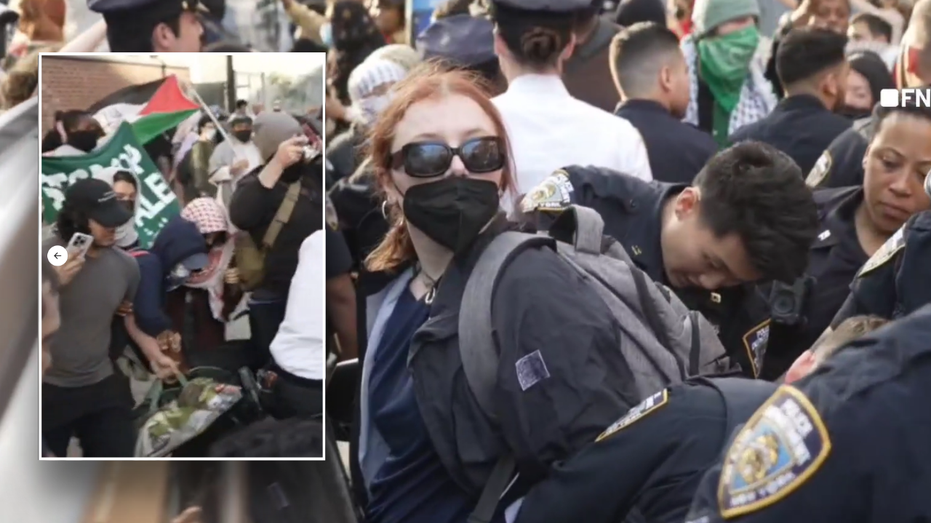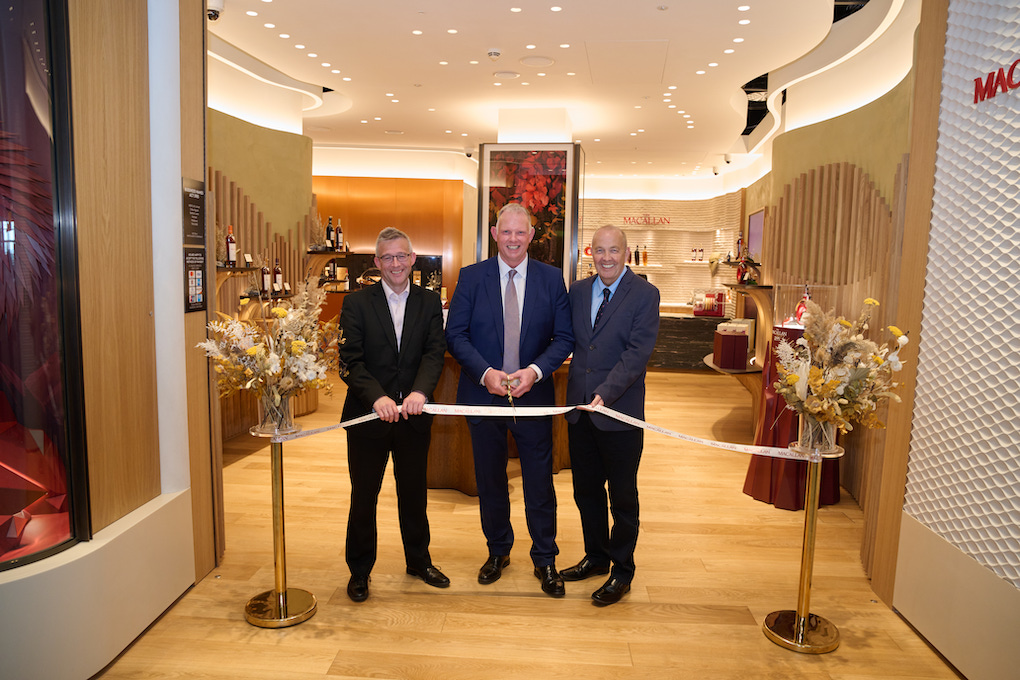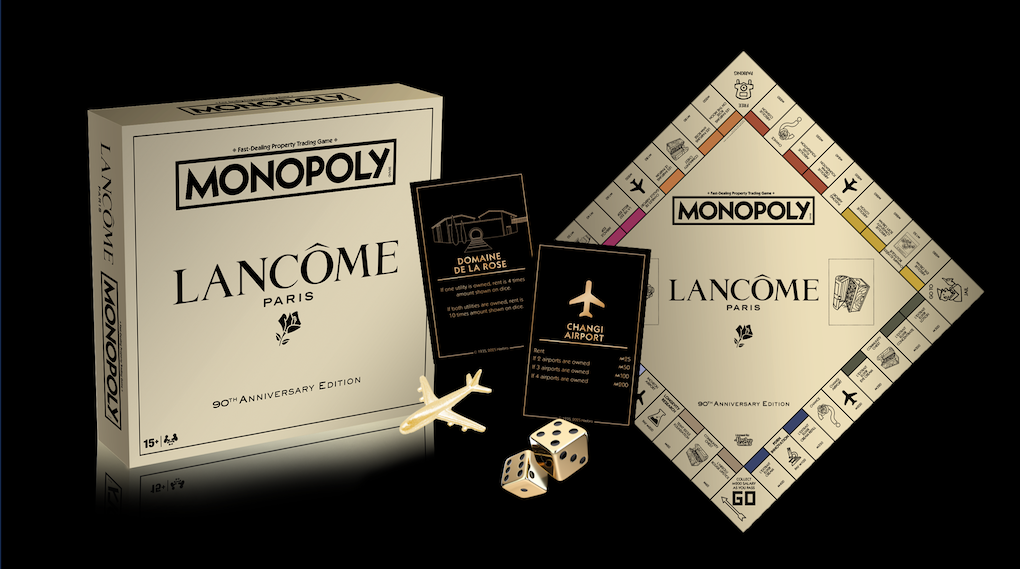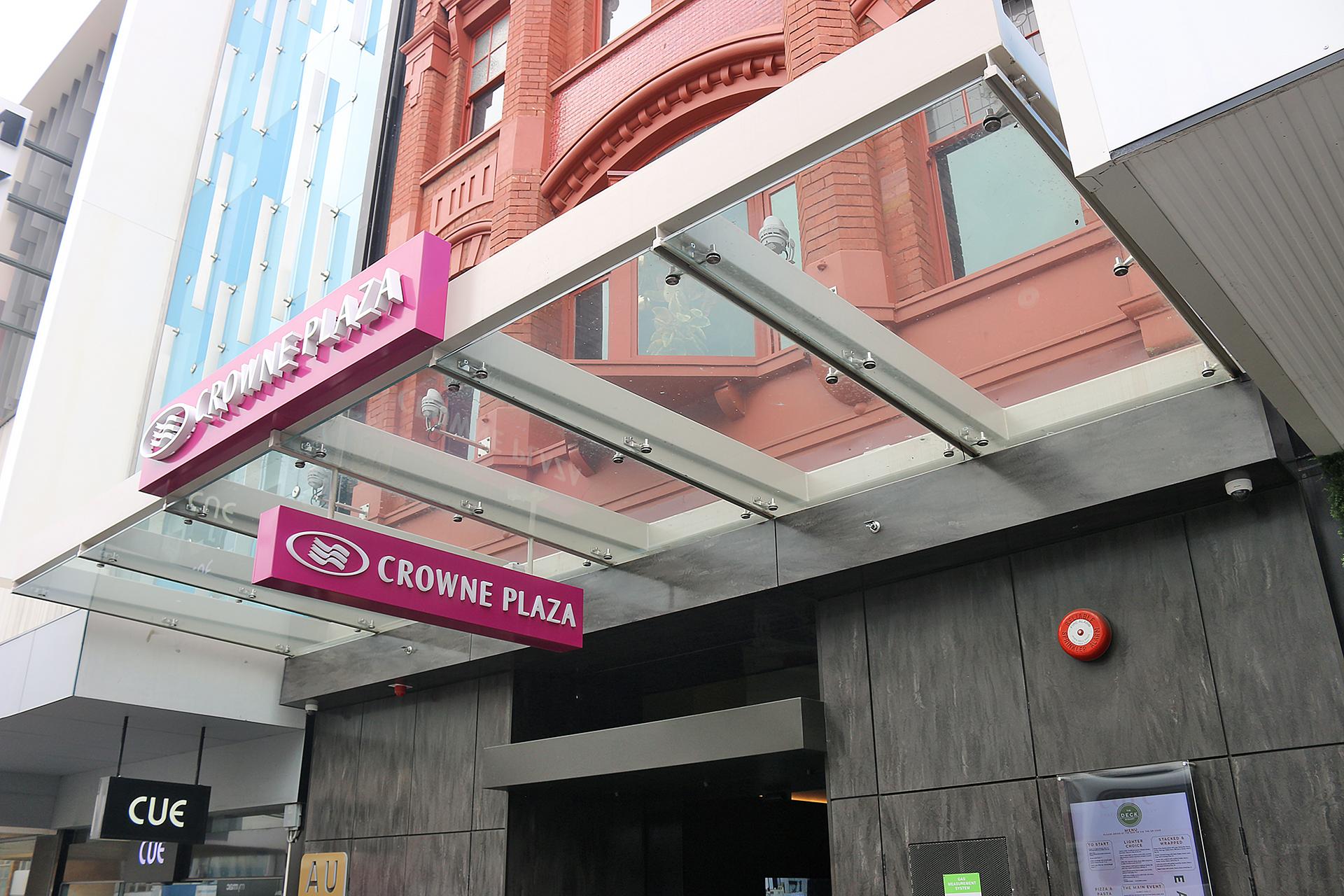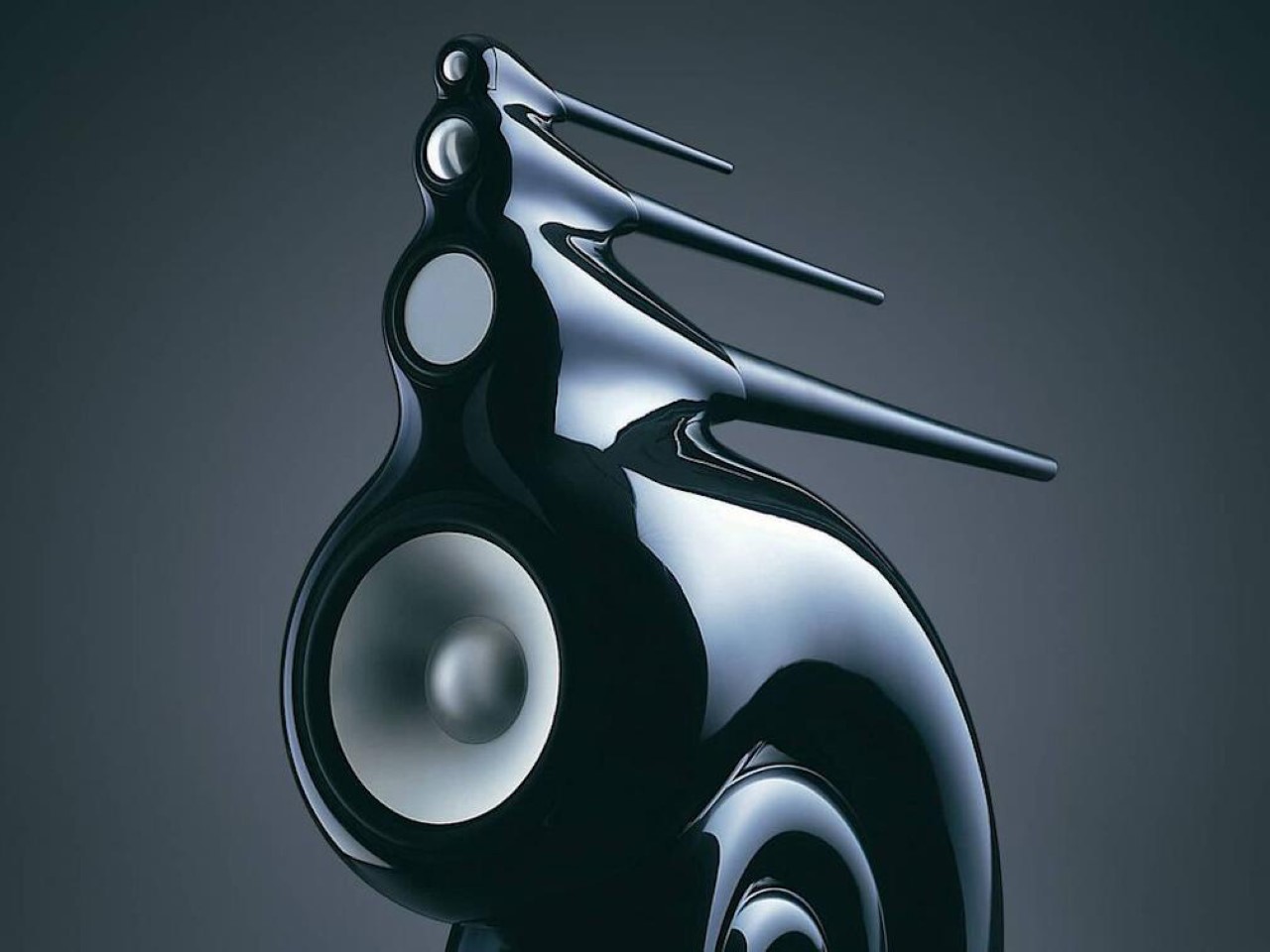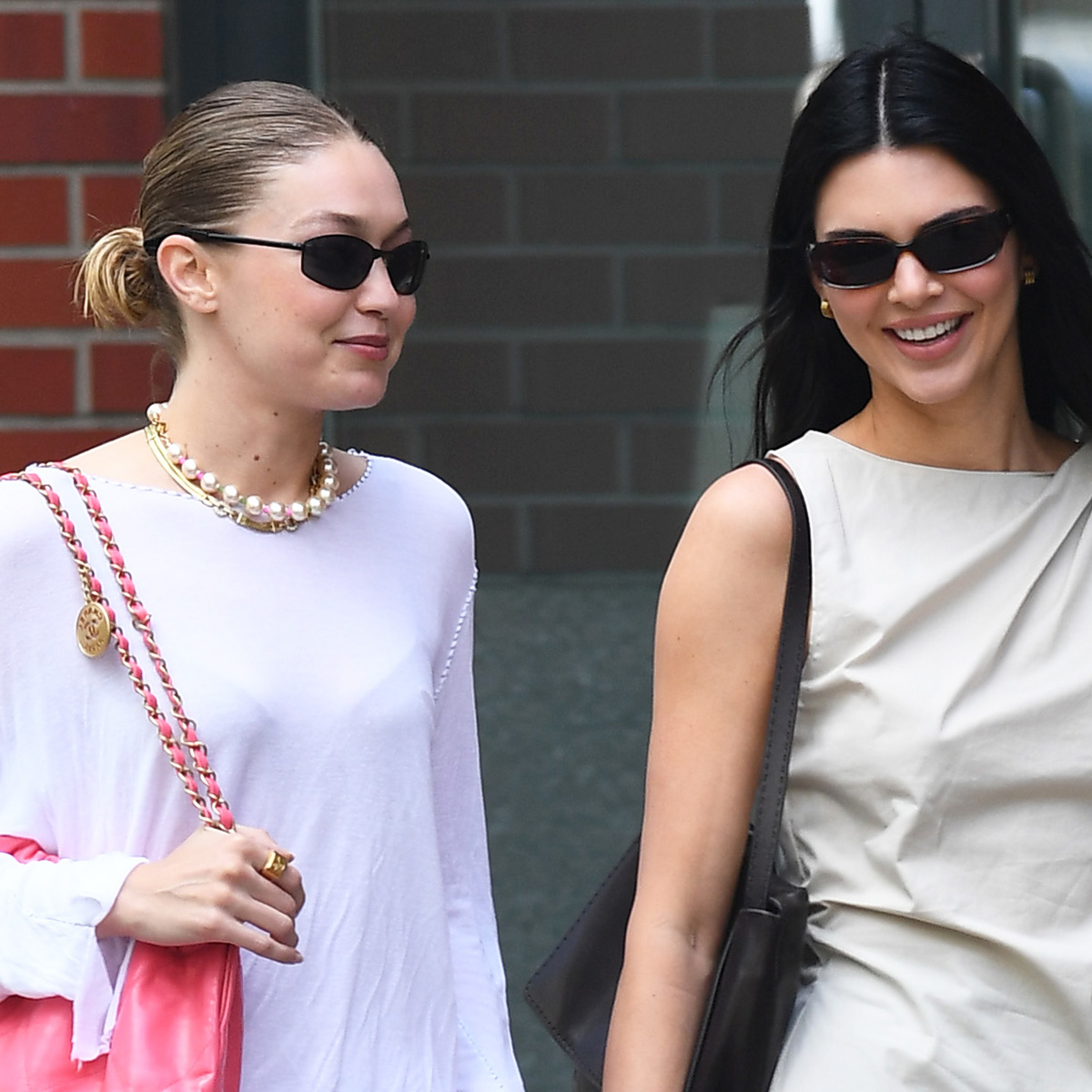This conclave must rescue the Catholic Church from Francis' legacy
The next pope cannot merely adjust the tone or refine the messaging — he must reverse course.

The Catholic Church is not dying from persecution. It is dying from confusion.
Under Pope Francis, ambiguity became policy. Tradition was treated as baggage, and doctrine was left to the discretion of bishops’ conferences and synodal subcommittees. This was not pastoral creativity but ecclesial disintegration.
The next pope cannot merely adjust the tone or refine the messaging — he must reverse course. He must be a rupture from the rupture. Another pontificate like Francis’s will not just weaken the Church but unmake it.
This is not about aesthetics, liturgical preferences or partisanship within the Church. It is about the integrity of the Catholic faith itself.
Pope Francis did not act as a steward of that faith, but as an improviser. Under his pontificate, clarity was displaced by ambiguity, continuity by novelty and the teaching Church by the therapeutic Church. Francis did not reform the Church — he destabilized it.
The consequences are now in plain view. His document “Amoris Laetitia” cast doubt on the Church’s teaching on marriage and the sacraments. “Fiducia Supplicans” muddied its moral witness on sexuality. And his Synod on Synodality has institutionalized confusion, treating doctrine as something subject to opinion and consensus. Under Francis, Bishops now openly contradict one another on fundamental questions of faith and morals with no correction from Rome — only encouragement for more listening and “discernment.”
This is not doctrinal development but demolition disguised as dialogue. The result has been a church that speaks in half-truths, governs by vagueness and loses the faithful not because it is too demanding, but because it is no longer intelligible. The next pope cannot continue this trajectory. He must restore what has been compromised: the Church’s clarity, coherence and courage.
Pope John Paul II understood what was at stake. His papacy was a confrontation with modernity’s moral and spiritual deformations. He spoke plainly, prophetically and unapologetically — defending the dignity of the human person, the demands of moral truth and the universality of Christ. He did not try to make the Church relevant by softening its teachings — he made it compelling by standing firm in them.
Pope Benedict XVI understood it even more deeply. He saw the metaphysical crisis underlying the moral one. Western man had not just lost the sense of sin, but the sense of reality — of nature, of order, of God. Benedict’s response was not reinvention but recollection: a return to the sources, to the liturgy, to tradition and to the Logos. His papacy was a quiet but forceful insistence that the Church must be rooted in truth, not blown about by the spirit of the age.
Francis, by contrast, repurposed the papacy as a platform for global moral diplomacy. His priorities — climate change, migration, economic justice — mirrored the agenda of secular elites. Meanwhile, the Church's supernatural mission receded from view. Francis spoke often of mercy but rarely of judgment; of inclusion but almost never of conversion; of accompaniment but not repentance.
That is not reform — it is retreat. A Church that loses the courage to speak of sin, grace and salvation is surrendering its soul. The sacraments become gestures, the liturgy a performance, the Gospel a lifestyle brand. The priest becomes a facilitator, not a mediator of grace, and the Church becomes just one more voice in a secular chorus that no longer hears God's word.
To be sure, Francis showed real pastoral concern. His critique of clericalism has merit. His emphasis on the peripheries was often well placed. But these cannot outweigh the damage done to doctrine, discipline and identity. The papacy is not a personality. It is an office — one ordered toward the preservation and proclamation of truth. The next pope must take that office seriously.
He must restore confidence in the magisterium. He must reject the doublespeak that cloaks doctrinal drift in the language of “discernment.” He must appoint bishops who teach the faith — not just manage decline. He must reaffirm that tradition is not a problem to be solved, but a gift to be guarded. The pope is not the architect of Catholicism but its servant.
Yes, it will be difficult. Francis has reshaped the College of Cardinals. Many within the hierarchy are deeply invested in the current trajectory. The institutional Church is comfortable with ambiguity. But the conclave must resist the urge to play it safe. The stakes are too high.
We do not need another cultural conciliator. We need a man who knows that the Church is not a stakeholder in the liberal world order. It is a supernatural reality. It does not exist to echo the concerns of the age, but to call the age to repentance. It does not belong to the world — it belongs to Christ.
Some will say a pope like that would divide the Church. But division already exists — not because of clarity, but because of its absence. The next pope must not fear being labeled “rigid” or “reactionary.” He must fear only this: being unfaithful.
If we get another Francis, we will get more confusion, contradiction and collapse. But a pope in the mold of Benedict or John Paul could still rescue the Church from the cul-de-sac of synodality and restore it to its mission — to proclaim the truth, without apology and without fear.
In the end, the Church won’t be destroyed by opposition from the outside but only by incoherence from within. The next pope must understand that — and act accordingly.
Andrew Latham is a professor of international relations at Macalester College in Saint Paul, Minn., a senior fellow at the Institute for Peace and Diplomacy, and a non-resident fellow at Defense Priorities in Washington, D.C.
